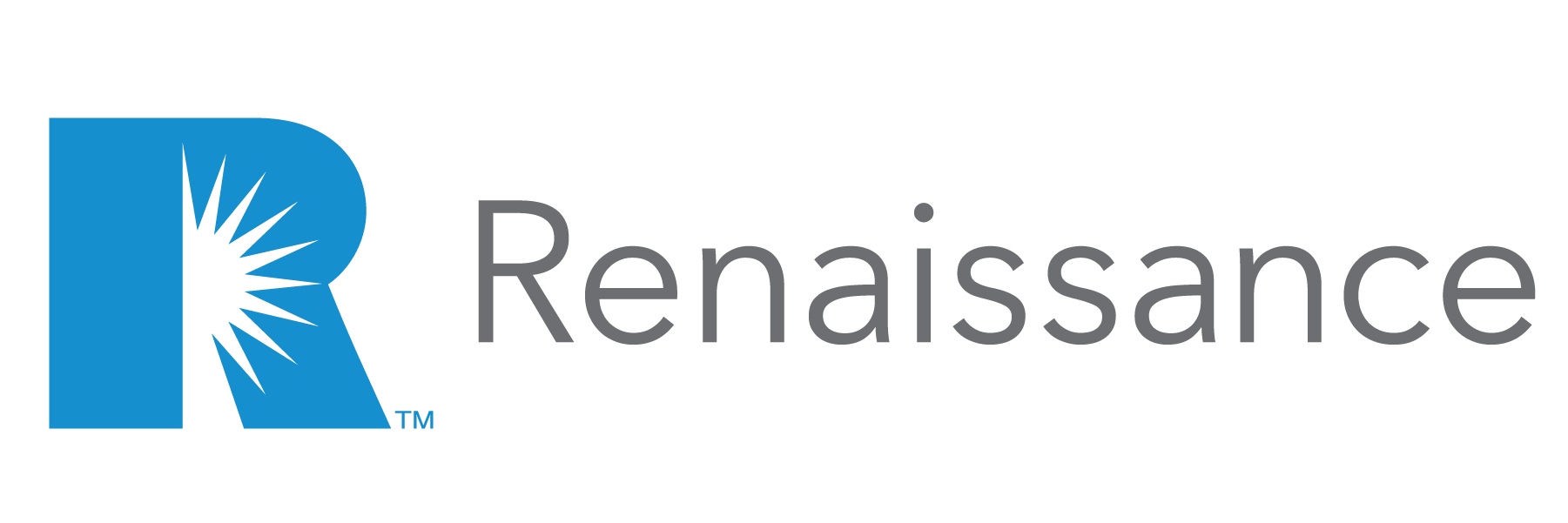There are several must-have elements that go into creating a strong, easy-to-use insurance agency website that communicates your brand’s identity and value.
Your insurance agency’s website serves as the public “face” of your business. With this in mind, to instill confidence in your brand and to cultivate positive, long-term relationships with customers, your website must feature functionality that allows clients to accomplish their goals on your site quickly and easily.
First, consider that there are five primary reasons why consumers would visit your insurance agency website:
- To learn more about your insurance agency (They’re wondering: do they want to do business with you? Do your capabilities match their needs?)
- To get in touch with an expert/learn more about insurance coverage
- To obtain a quote
- To file a claim
- To pay their bill
Your agency website should make it easy to do all of those things. With this in mind, let’s dive into the must-have features of your insurance agency’s website.
How to Create a Powerful First Impression
The first experience that most new customers will have with your agency online happens the instant they click on your link through a Google search (we’ll also cover how you can improve your chances of ranking well in web searches). Once they do, you only have one chance for your digital storefront to make a knockout first impression.
The first things visitors should see are a simplified, easy-to-use menu bar, your agency’s logo, and a strong image that portrays the tone of your brand.
The layout of your agency’s homepage is directly indicative of the breadth and depth your agency’s products and services, according to Jason Walker, President of Agency Revolution, which provides websites and marketing automation for insurance agencies.
The personality and product set of each insurance agency website, he notes, is unique. As every insurance agency is different, your site directly reflects your staff, your customers, and the community you serve.
Your site should tell a story that emphasizes your agency’s expertise and illustrates your strengths. It should clearly list your product offerings; the decision to go with either a streamlined homepage or one that lists all of the insurance products you sell is determined by your own preference.
For example, if your agency offers a somewhat limited number of coverage products, it’s a good idea to list them all on your homepage. If the list of products is more extensive, you may consider a different approach.
The navigation bar (or “nav” bar, as it’s sometimes referred to) at the top of your agency website should clearly spell out which insurance products you sell. Your main nav bar could contain text as simple as, “Products/About Us/Contact Us,” and as a visitor’s cursor hovers over “Products,” sub-navigation options appear showing “Personal Lines,” “Commercial Lines,” and “Employee Benefits” if appropriate.
Beneath the “Commercial Lines” sub-navigation, a list can appear of all the types of business-related insurance products you sell.
“It’s up to the agency about how they want to be perceived,” says Walker. If you have specialization in certain coverage lines, he adds, you’ll want to emphasize that as part of your agency’s story.
Download our free e-book here: The Independent Agent’s Playbook for Success – How to Solve Your Agency’s Five Biggest Challenges
What Goes on Your Insurance Agency Website’s Homepage
Your story, however, has to be told succinctly. Walker notes that it’s best to adhere to the “3-second rule,” which states that you have only seconds to both communicate your brand to the site visitor and encourage them to take direct action.
That’s a process that starts with keeping your agency’s site navigation simple and intuitive. Make it clear to the customer what you want them to do. What action do you want them to take?
Recall the previously mentioned reasons why people will visit your agency online. Your homepage should be a centralized hub that connects the customer to carrier or other third-party service centers so that they can easily obtain documents, such as proof of insurance, pay their premium, or submit a claim.
Your lead-capture form needs to be included on or linked directly from the homepage. The form should include the type(s) of coverage the visitor is interested in, their name, phone number, and e-mail address. Keep in mind that the more information you ask for in your client-engagement form, the less likely they are to finish filling it out.
“You need to create spaces for an action to take place,” says Walker. On your agency website, he recommends balancing the opportunity to request a quote using embedded third-party rating solutions with the ability to offer consumers a more open-ended, less data-intense way of capturing information. “Sometimes saying, ‘Tell me about yourself and then we’ll get back to you’ results in more intel than when customers are asked to offer metrics in a formal data-entry approach. Give your agency the ability to control that dialogue.”
Consider including the contact information (including phone numbers and e-mail addresses) of all of your producers, as well as the hours when it’s best to reach someone personally.
Including a chat module on your homepage will allow the consumer to interact with your business the same way they work with AI on other consumer websites. During business hours, the chat should be connected to CSRs or agents to enable a quick response. When you’re not on duty, this “always on” module for your customers includes tools that can guide the customer up to 40% of the way.
Interactive graphics on your agency website’s homepage can also foster more time on site. For example, featured images of a home, an auto, and other visuals can be linked to other pages detailing the types of coverage that your agency offers.
Does your agency operate with multiple insurance company partners? If so, list them on your homepage, and include their logos. Illustrate to customers that you’re a trusted advisor who can offer them a variety of options from several insurers.
If you’re a member of an agency network or aggregator, you may wish to include the group’s logo on your homepage. (Membership with some agency groups even makes this practice mandatory.)
Why the ‘About Us’ Page is Important
Put your company culture on display on your agency website to create a personal connection with customers. On your “About Us” page, include a video or an interview with your agency’s leaders. This “story” should talk more about your customer than it does about you. The goal here is to communicate that your agency is a group of intelligent, experienced, real people who understand your customers’ problems, and can diligently solve them.
“Convey the fact that you’re an independent agent in their community, and that you have a strong team that can handle their needs,” says Walker.
Agency owners can sometimes struggle with telling their own story in a way that retains a focus on the clients it serves. Conveying what your business is all about in a brief bio can be daunting, but Agency Revolution’s leader offers several key questions to ask yourself during this process.
“What’s the ‘headline’ about your agency?” he asks. “What are the non-negotiable factors that make you tick as a business? Be real with yourself and give your 30-second pitch. ‘What are my core values as a business? What is my level of social awareness?’ Look to convey all of that.”
Including localized images on your site is a must, as it speaks to your relationship with the community that you’re based in. “Don’t use a New York City photo if you’re based near Omaha,” he says.
Additional advice when it comes to visuals for your site: “Avoid the color red,” Walker adds. “It reads like a warning sign.”
I’ve Built My Agency Website. Now How Do I Promote It?
Focusing on search engine optimization (SEO) will help your insurance agency website show up more prominently in local web searches, and yield more visitors. The same type of work is done by other businesses, such as restaurants, to maximize their Google rankings.
People often conduct web searches for something they need, like an electrician, rather than a business’ name. If someone types “car insurance” and your ZIP code into a web search, does your agency’s name show up first? If not, you’re already a step behind the competition.
Does your agency do charitable work, or does it have a connection to an educational institution? If so, ask the other party if they can link to you. Backlinks, as these links are known, help improve your agency website’s search authority with Google. Credible links help you get better visibility in online search results. “Even one link like that means the world to an independent insurance agency,” says Walker.
Another effective way to boost your agency website’s SEO is positive Google reviews from your customers. Google reviews are key to where you show up in search results, and you shouldn’t be afraid to ask for reviews from satisfied clients. Make it a practice to include in your e-mail signature a link to where people can leave reviews; the impact can quite literally elevate your agency’s profile.
Customers don’t always wish to let you post their photo with a review, but when they’re OK with it, do it – especially if that person is a recognizable or well-known figure in your community. Doing so can strengthen your agency’s credibility.
An Investment that Pays Dividends
Do your due diligence when selecting an experienced partner to build your insurance agency’s website. There are certain investments in any business that must be made, and in the digital age, this is one of them.
There are a variety of cost-efficient options available, and hiring a professional to do the heavy lifting for you can help you continue to maximize your time selling. Don’t hire a friend or relative to handle the job inexpensively – in the long run, any money you save will be more than lost through missed revenue opportunities.
One of the advantages of joining an agency aggregator or network is that some (but not all) of them have resources devoted to building you a top-flight web portal. If you’re thinking about leveraging the resources of an agency network, consider the expense of a new website against what you’d pay for membership. The math could very well work out in your favor.
Finally, while building the website for your independent insurance agency, consider your own experience with the consumer websites you interact with when conducting any kind of business online. Creating an experience that’s not just painless but actually pleasurable will keep customers coming back – and help ensure your agency’s future.



